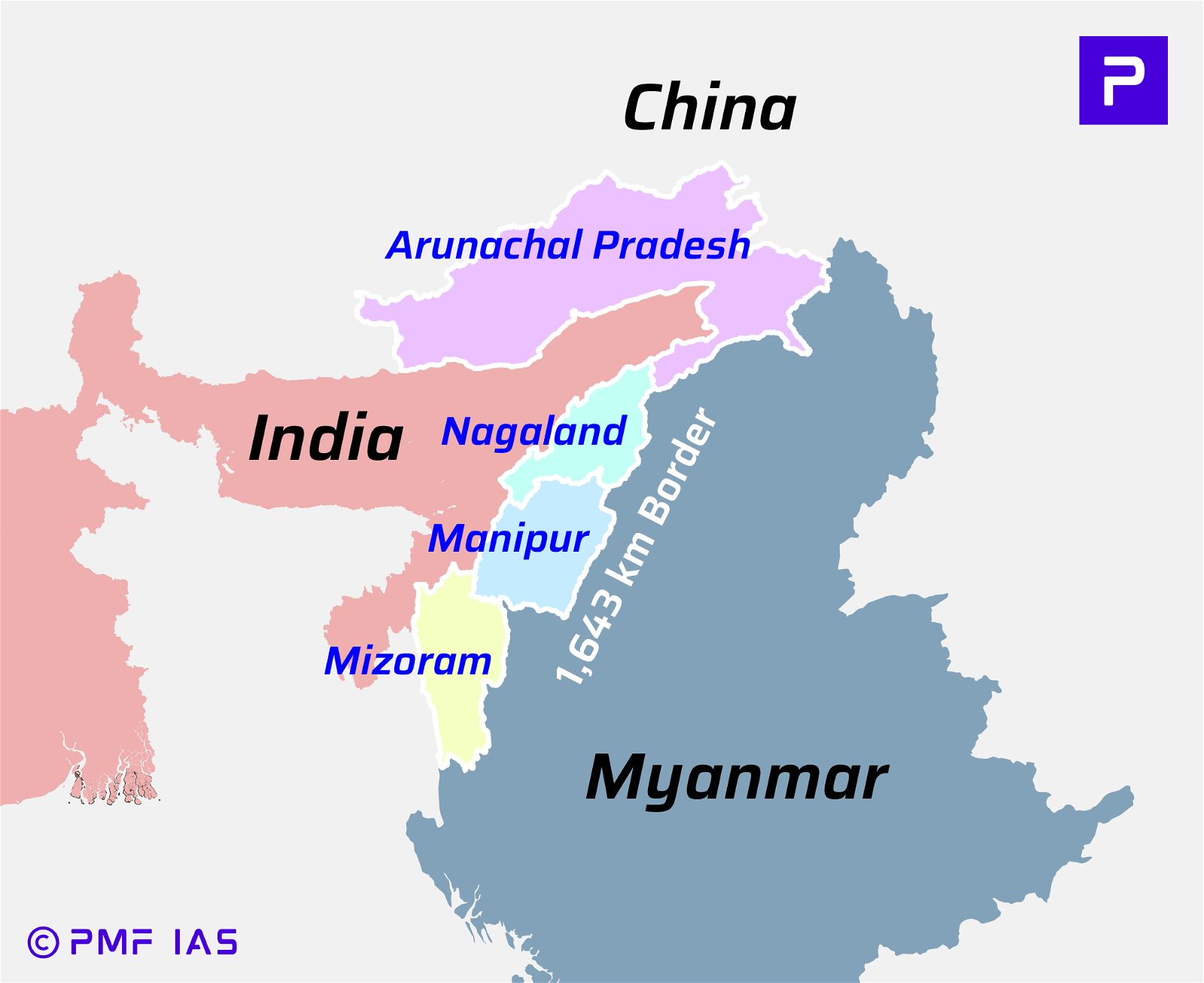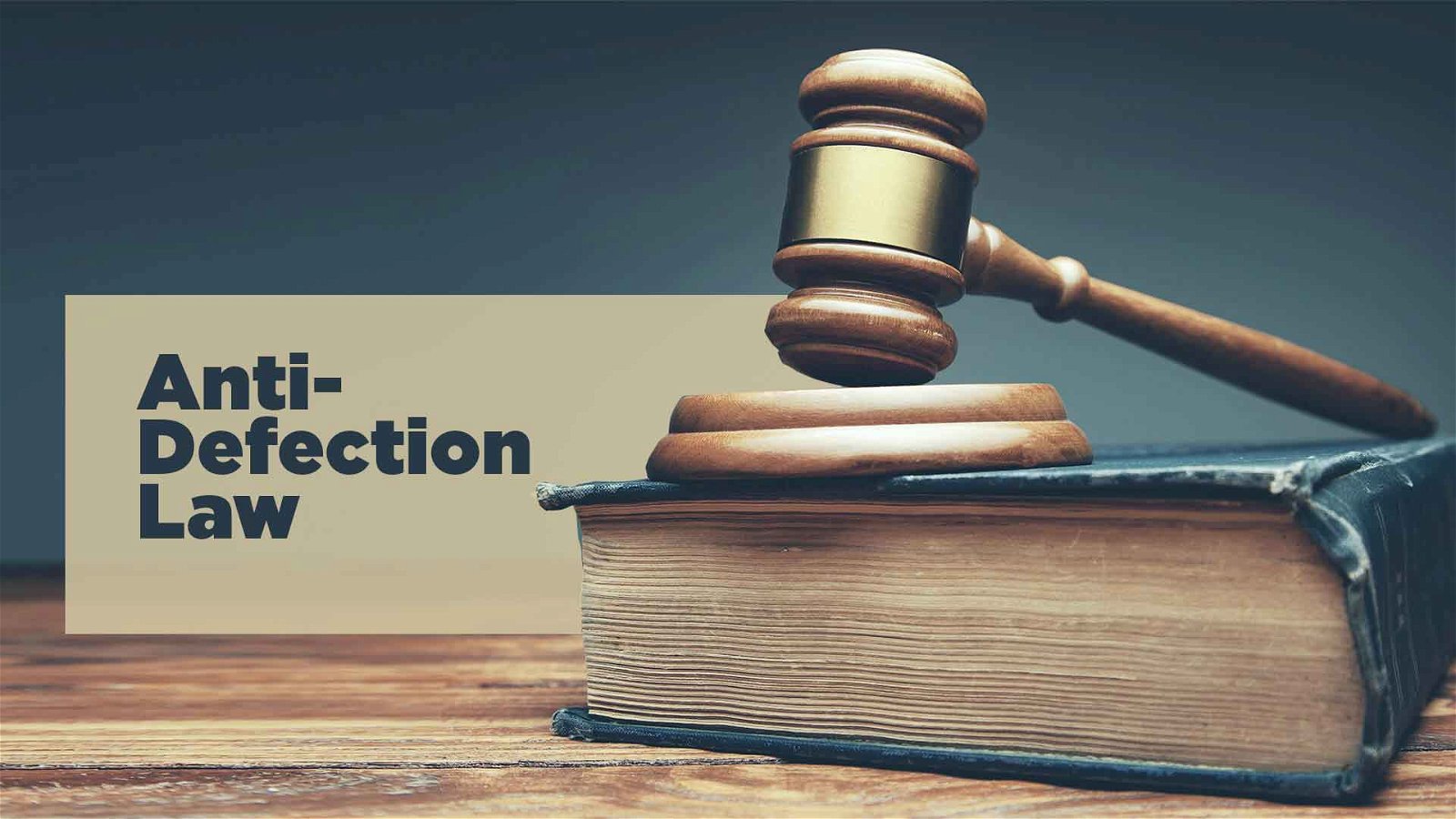
Tribunals
Subscribers of "Current Affairs" course can Download Daily Current Affairs in PDF/DOC
Subscribe to Never Miss an Important Update! Assured Discounts on New Products!
Must Join PMF IAS Telegram Channel & PMF IAS History Telegram Channel
- Context (TH): SC directs that Tribunals cannot direct the government to frame policies.
- Tribunal is a quasi-judicial body, established under an act of Parliament or State Legislature, to adjudicate disputes or complaints.
- Proceedings of Tribunals are deemed to be judicial proceedings, and in certain matters they have the powers of a civil court, e.g. National Green Tribunal (NGT).
- They do not follow technicalities of rules of procedure or evidence as laid down under the Civil Procedure Code and the Indian Evidence Act but do follow the principles of Natural Justice.
Constitutional Status
- Tribunals are incorporated under Art 323-A and 323-B (by the 42nd Constitutional Amendment Act, 1976).
- Article 323-A: Under this, Administrative Tribunals can be created only by Parliament, and in pursuance of this Central Administrative Tribunal (CAT) and State Administrative Tribunals (SAT) have been created.
- Article 323-B: Under this, Tribunals for all other matters can be created by Parliament as well as State Legislatures. E.g. Income Tax Appellate Tribunal (ITAT), etc.
- To operationalize the 42nd Constitutional Amendment Act, the GoI enacted the Administrative Tribunals Act, 1985, leading to the formation of CAT & SAT.
Benefits of Tribunals
- Cost Effective as there is no provision of court fees, affidavits, etc.
- Ensures right to speedy justice: Faster case disposal due to oral hearing, no intricate procedure of pleading and trials, and no elaborate rules as to proof of facts or evidence.
- Manned by experts: Participation of efficient and competent executives with special technical knowledge and rich experiences in the respective matters. E.g. Income Tax Tribunals.
- Flexibility: Tribunals are not bound by previous decisions, they can revise their decisions in light of new facts, thus, keeping in tandem with the changing socio-economic, legal, technical and political environment.
- Reduces pendency in courts: It significantly reduces the burden on courts at all levels that is presently reeling under a huge pendency of more than 4.5 crore cases.
Issues and Challenges
- Increased tribunalization of justice: Different tribunals for different purposes, with no standard principles observed in the manner of organization, constitution, procedures or manner of appeal.
- Interferes with the power of Judiciary: Tribunals undermine the authority of the judiciary by encroaching upon the jurisdiction of Courts as they replace HC for disputes under the Companies Act, SEBI Act, etc.
- Subverts separation of power: Tribunals are appointed, controlled, and manned by executives, thus, impinging upon key principles of separation of power and judicial independence.
- Conflict of interest: Appointments to the tribunals are made by the government which itself is the largest litigant in the country.
- Inadequate workforce and infrastructure: Most tribunals face issues of human resource crunch and inadequate infrastructure, no uniform recruitment conditions for service, retirement age etc.
- Pendency of cases defeating the purpose of speedier justice. Law panel report of 2017 states that the top 5 central tribunals have a combined backlog of over 3.5 lakh cases.
Way Forward
- A Selection Committee headed by the Chief Justice of India to be created to be in charge of the appointments of Chairman, Vice-Chairman and Judicial Members of the various central tribunals.
- Timely appointment: Vacancy arising in the Tribunal should be filled up quickly by initiating the procedure well in time.
- Single nodal agency under the Law Ministry, to both monitor the working of the tribunals and to ensure uniformity in the appointment, tenure, and service conditions.
- Restoration of the HC’s power of Judicial review over the decisions of the tribunals (in line with Chandra Kumar Case, 1997).
- Pan-India seats: Tribunals must have benches in different parts of the country (ideally where high courts are situated) so that people of every geographical area may have easy access to justice.




![PMF IAS Environment for UPSC 2022-23 [paperback] PMF IAS [Nov 30, 2021]…](https://pmfias.b-cdn.net/wp-content/uploads/2024/04/pmfiasenvironmentforupsc2022-23paperbackpmfiasnov302021.jpg)










